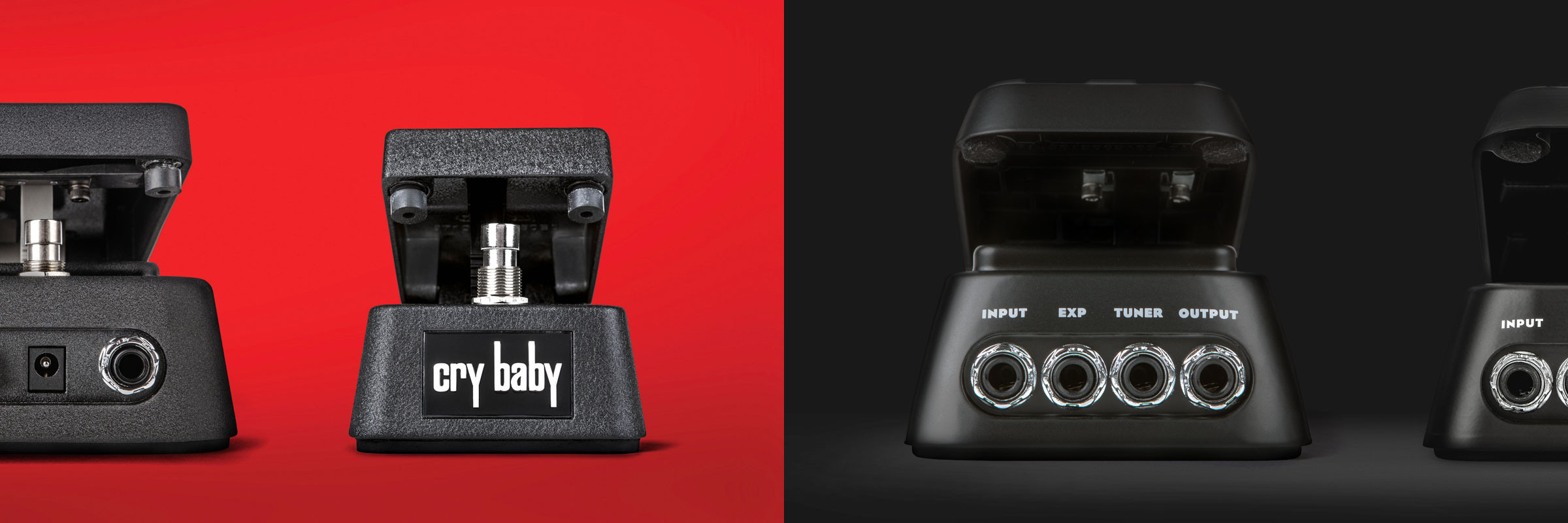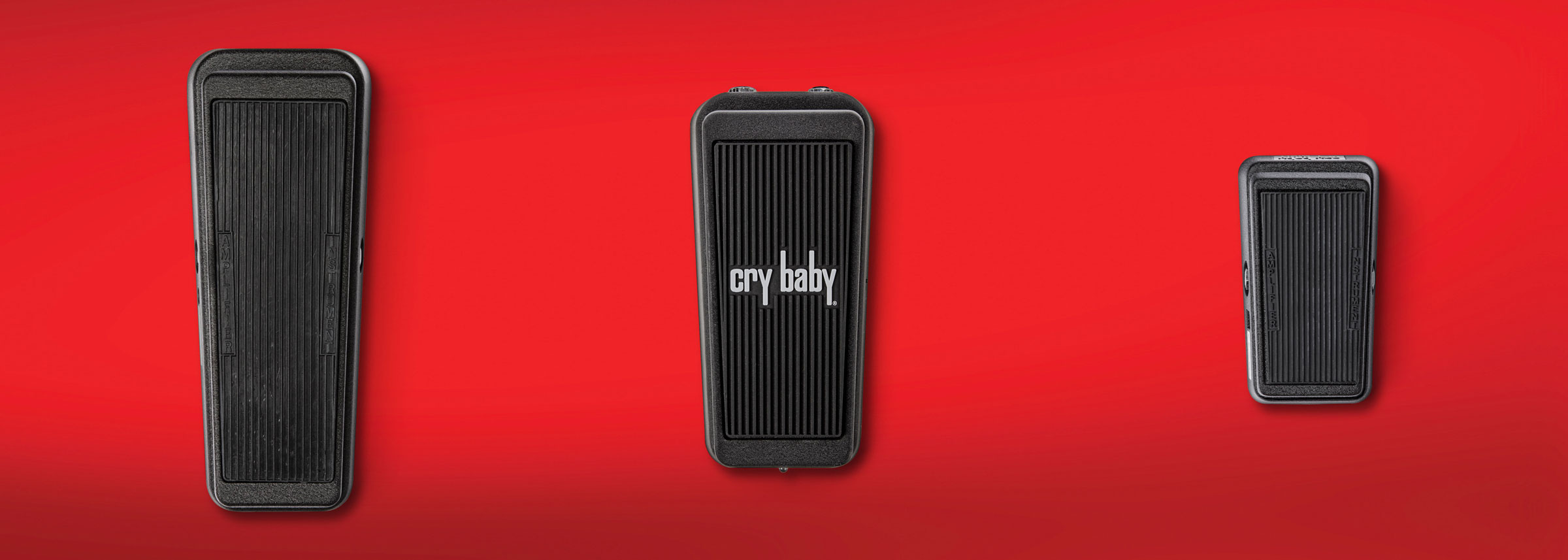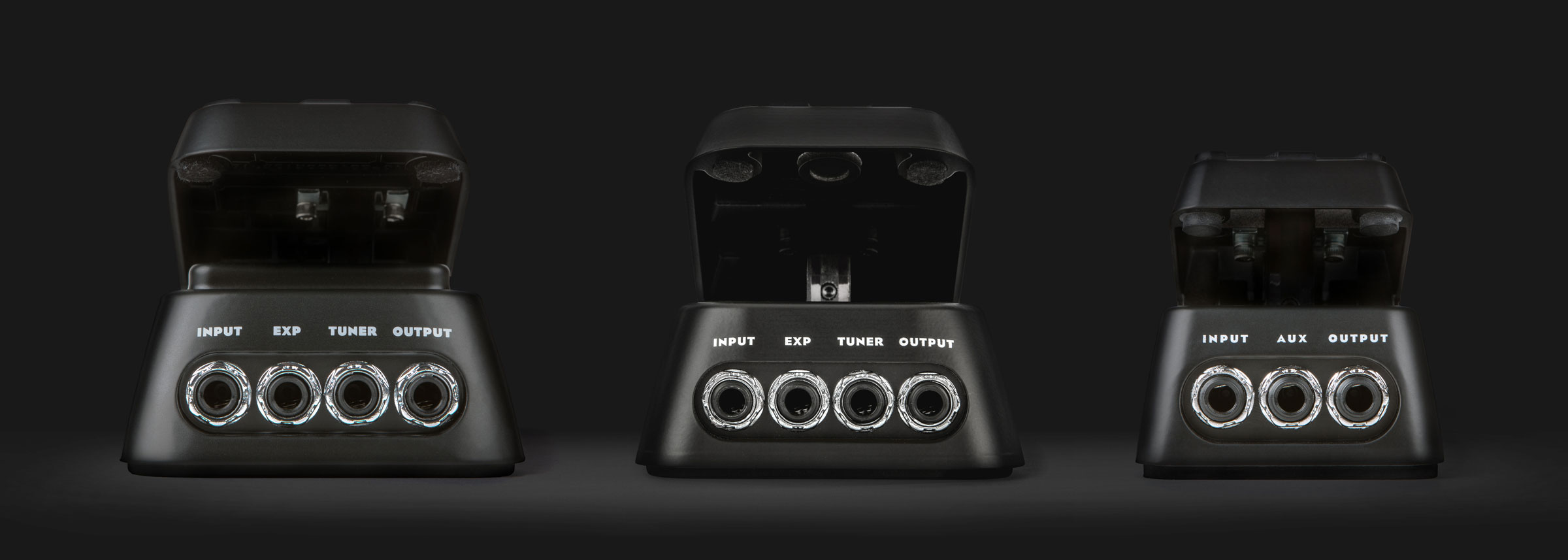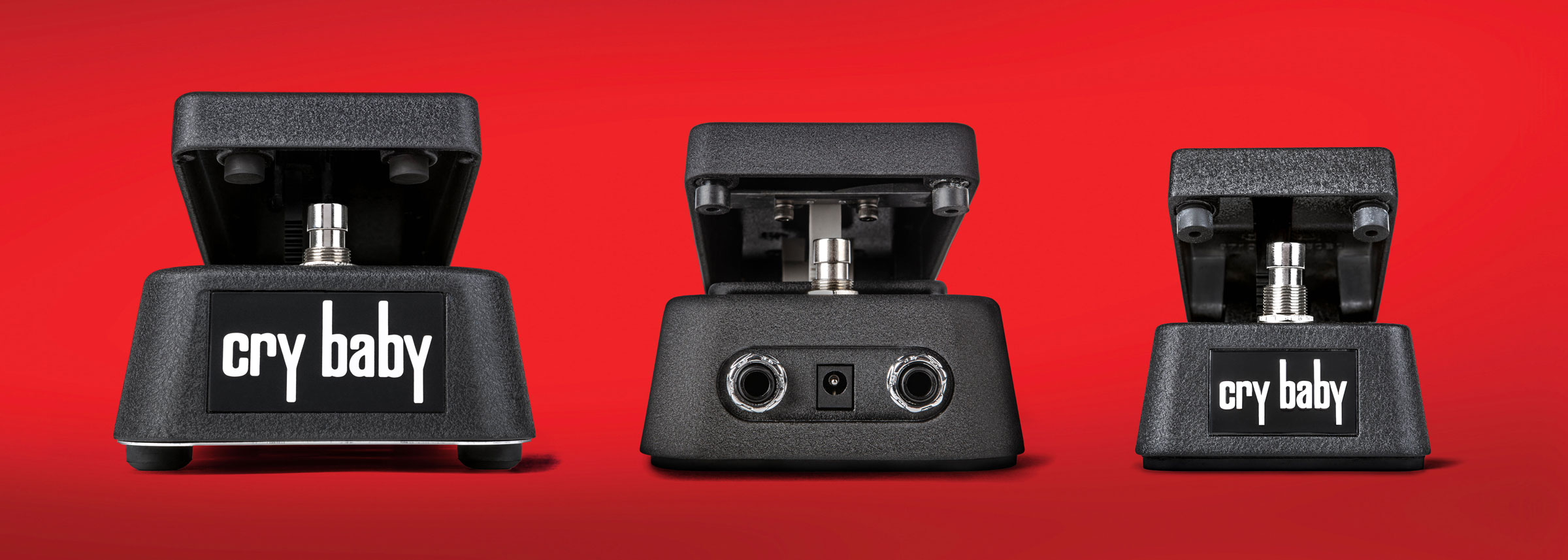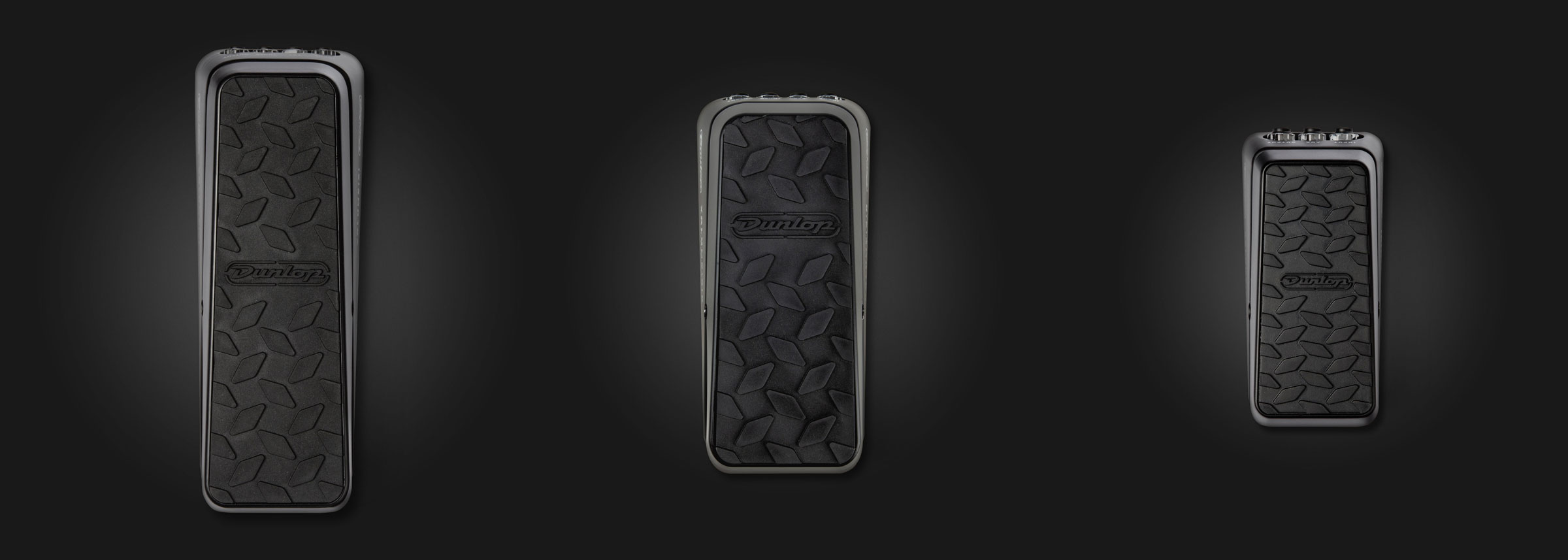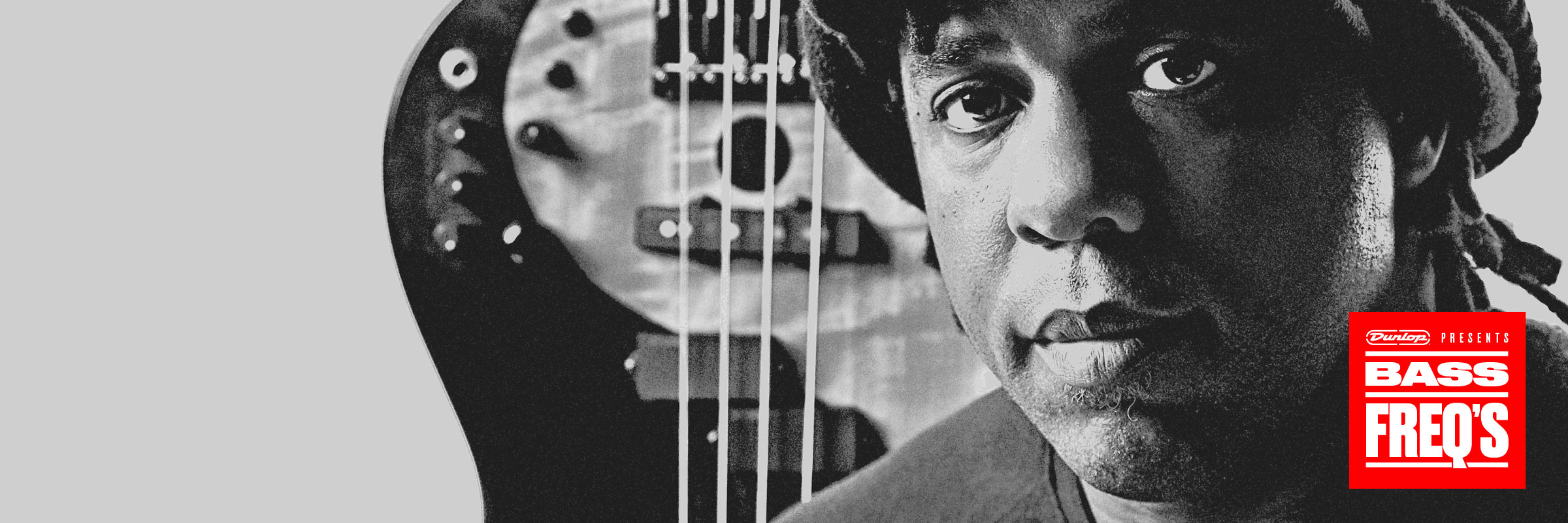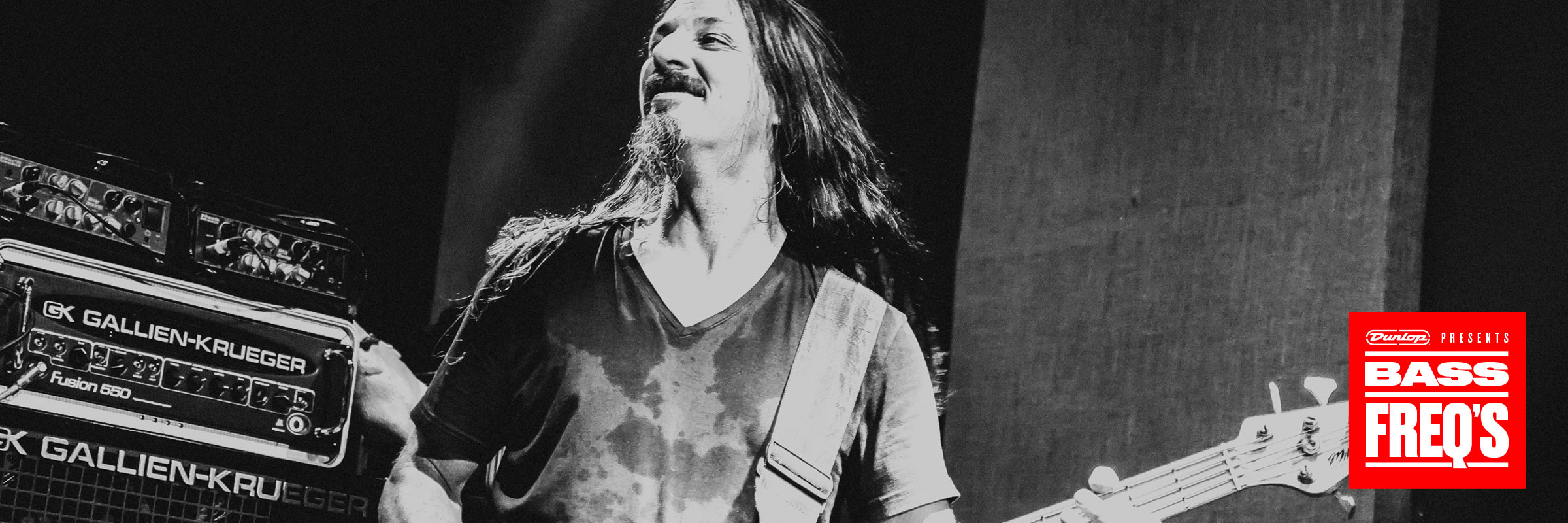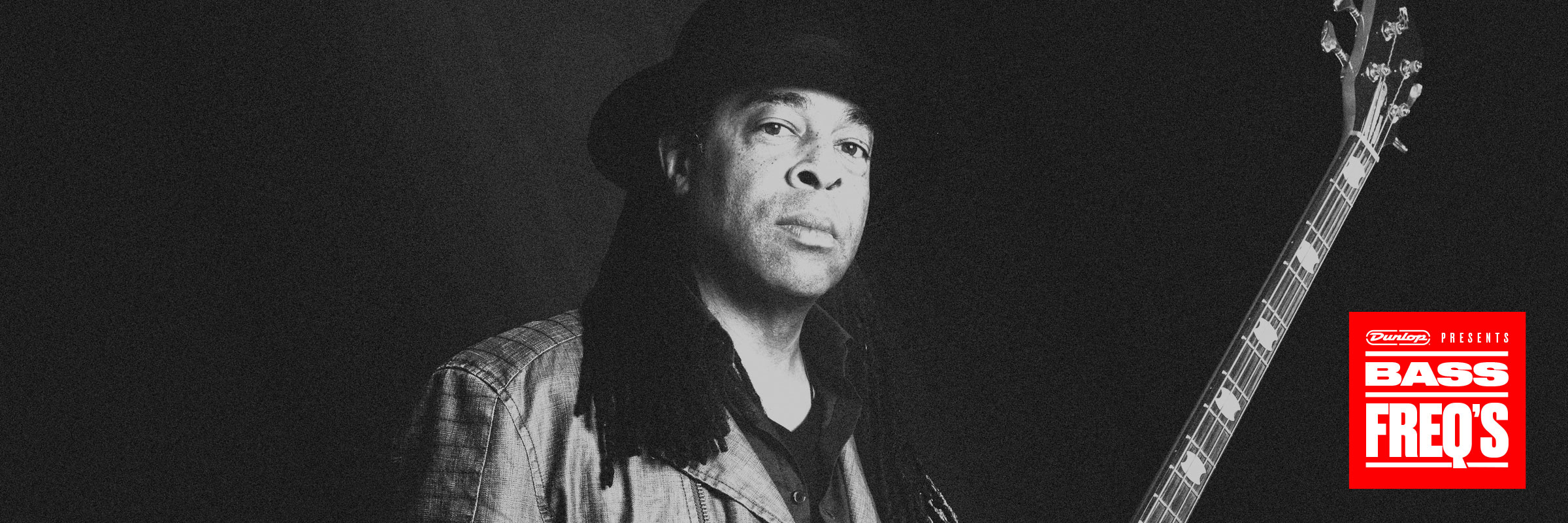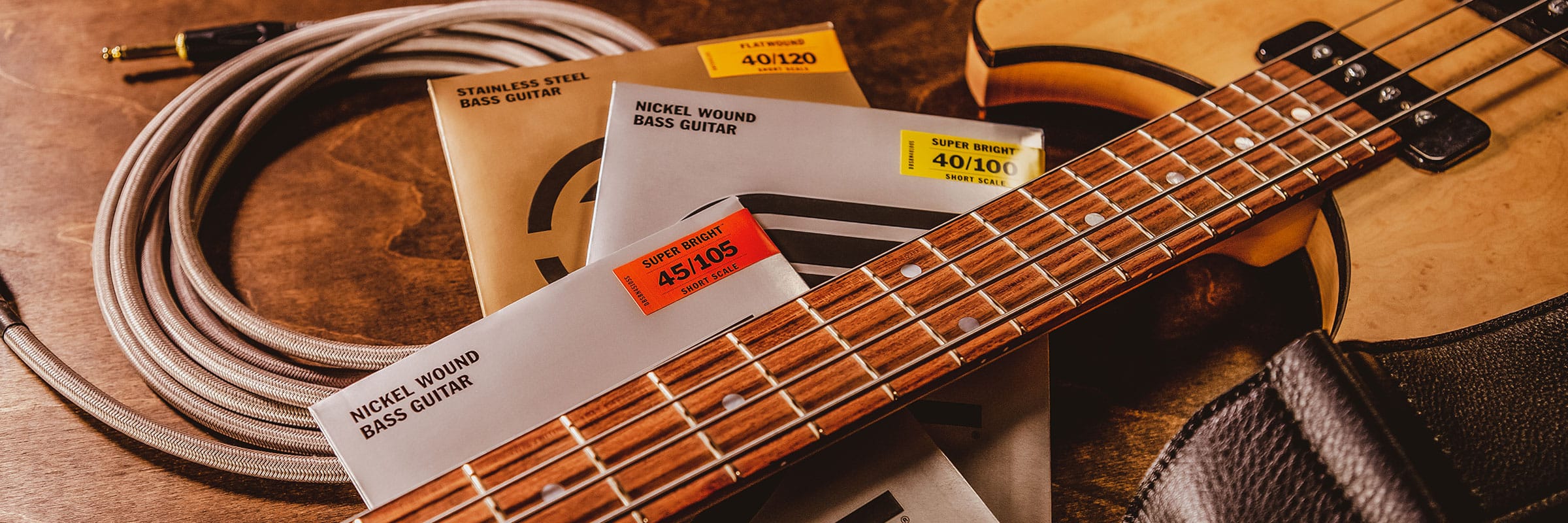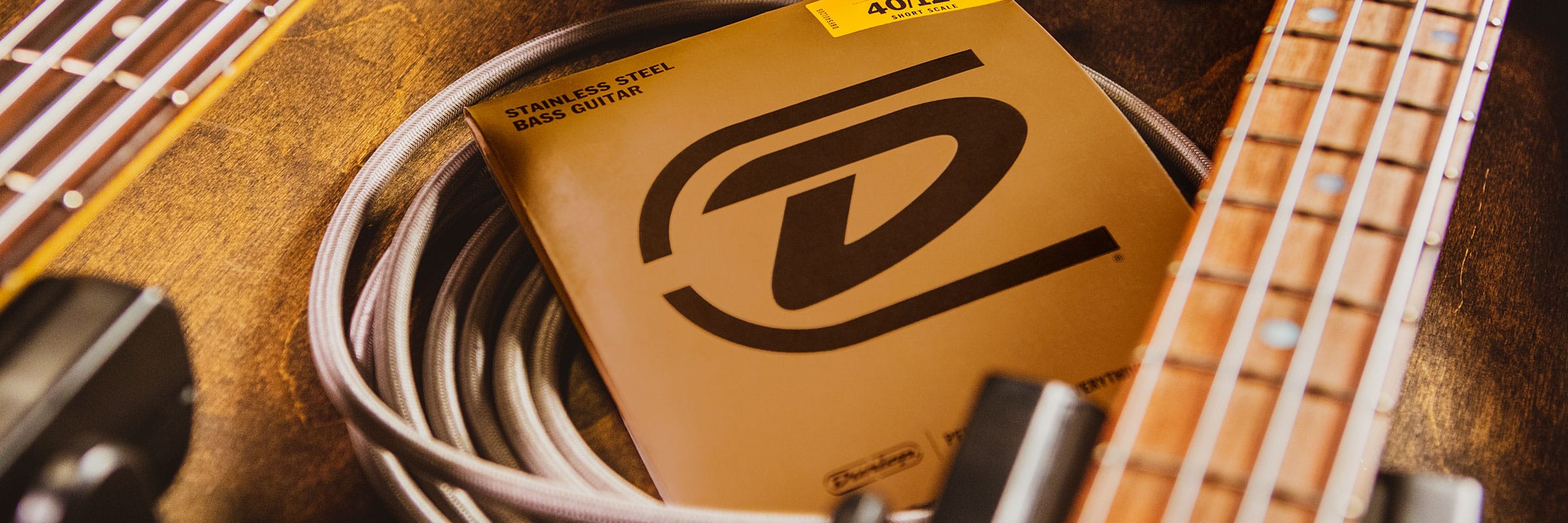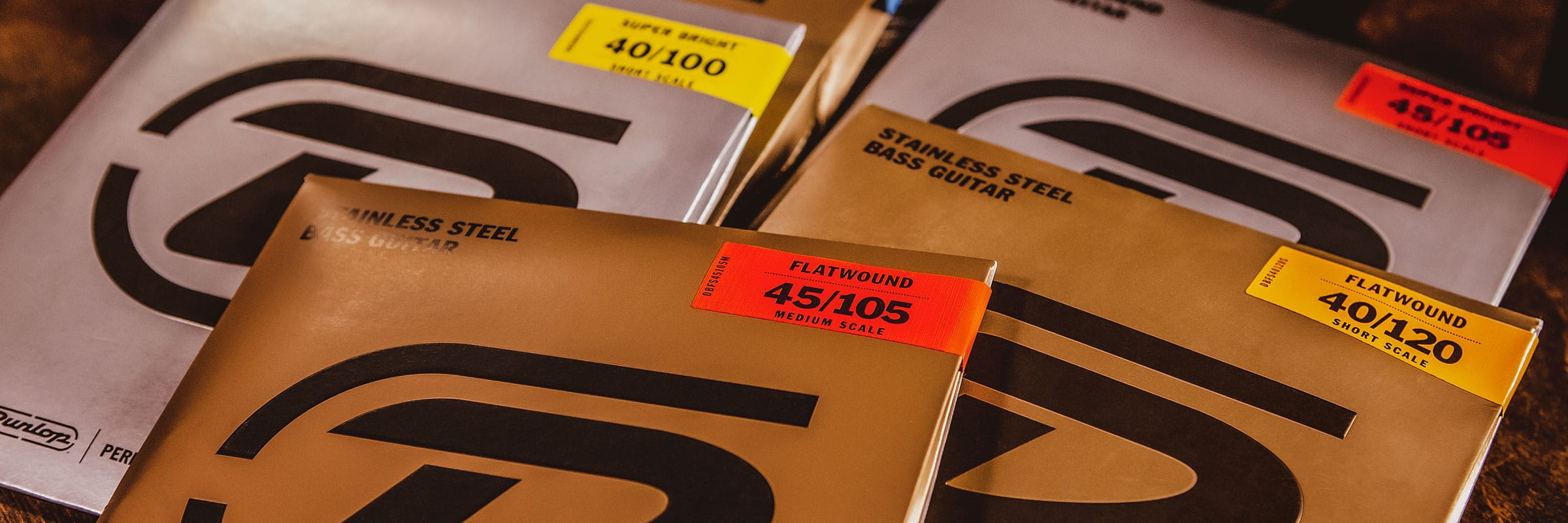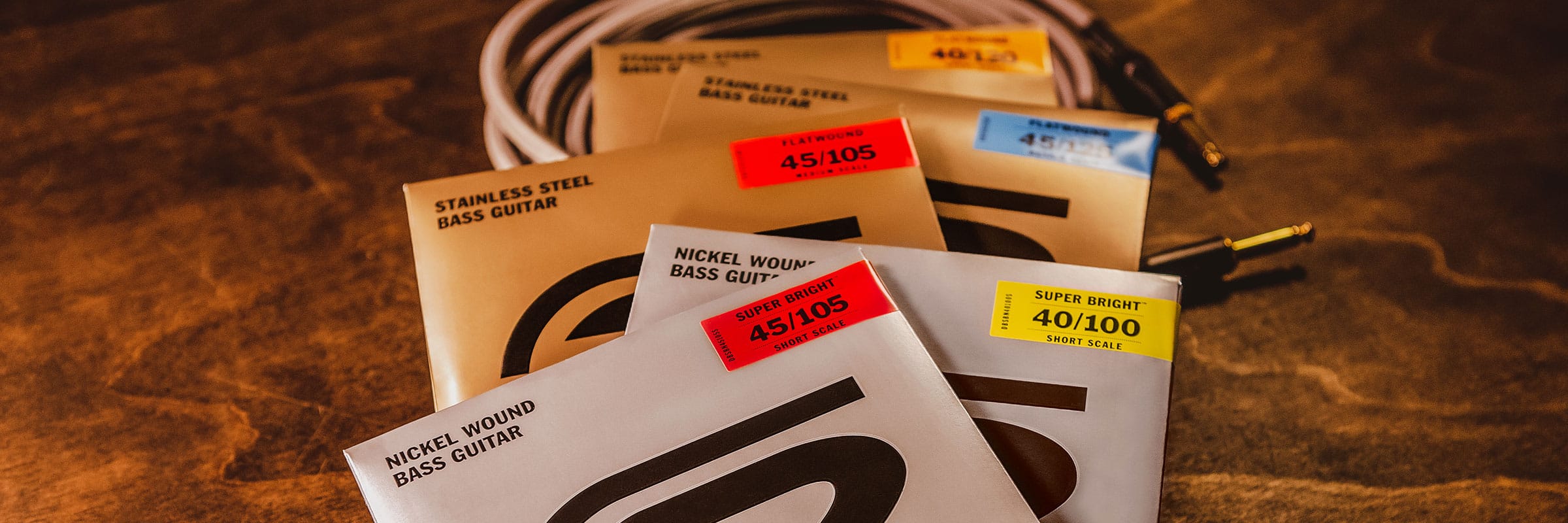Despite the association of short and medium scale basses with kids and beginners, they’ve always been used by the pros, from Jack Bruce and Paul McCartney to Phil Lesh and Stanley Clarke. So what is it that these and a growing number of today’s players get from short and medium scale basses?
“Shorter scale instruments are often easier to play,” says luthier Jake Serek of Serek Basses. “Especially for those who have a hard time navigating the fingerboard of larger instruments.” People are just shaped differently. Hands are different sizes, arms are different lengths—it only makes sense to choose an instrument whose construction allows you to play comfortably.
“The shorter neck allows me to play parts that would otherwise be too far of a reach or stretch,” says prolific gigging and recording artist Chris Chaney. “I usually play P basses so when I jump on a short scale bass I feel like its a hotrod and my chops definitely get a positive injection.” Four inches makes a huge difference when you’re trying to move from an F with your index finger on the E string to a B on the G string with your pinky. Luthier Carey Nordstrand of Nordstrand Audio likens it to putting on a new pair of sneakers. “It makes you run faster and gives you powers you always wished you had. Everything is easier.”
For this reason, short and medium scale basses are also great options for musicians who primarily play guitar but need to switch to bass on a regular basis—going from a Strat to an EB3 or a Mustang can be an easier transition than going to a P Bass.
It’s not just about feel, though. “Short scales with the right strings give a naturally, rich, deep, rounded tone,” notes luthier Viv Wilcock, owner of Wilcock London. A shorter length means lower tension, making for a sound that’s warm, fat, and punchy in its own way. Dave Swift, long-time bassist for BBC television staple Later…with Jools Holland, has recently started exploring short-scale basses via Wilcock London, and agrees with the luthier. Especially when bringing flatwound strings into the mix. “They can produce a particularly bassy, tubby, thuddy, muted sound that is highly desirable playing certain genres and styles,” he says. “Ska & reggae spring to mind.”



